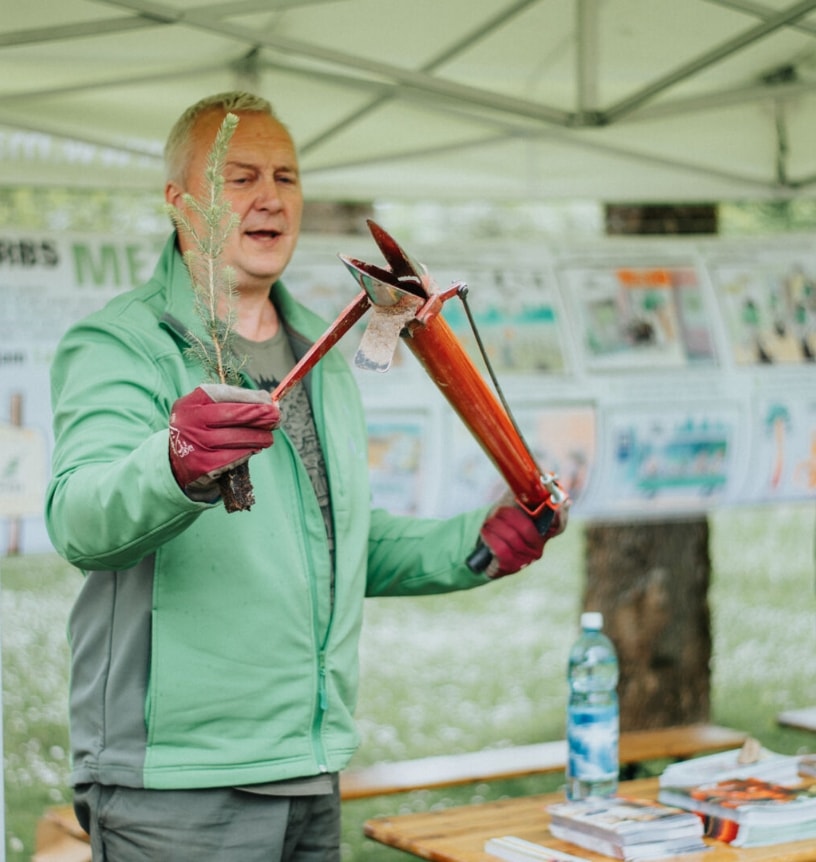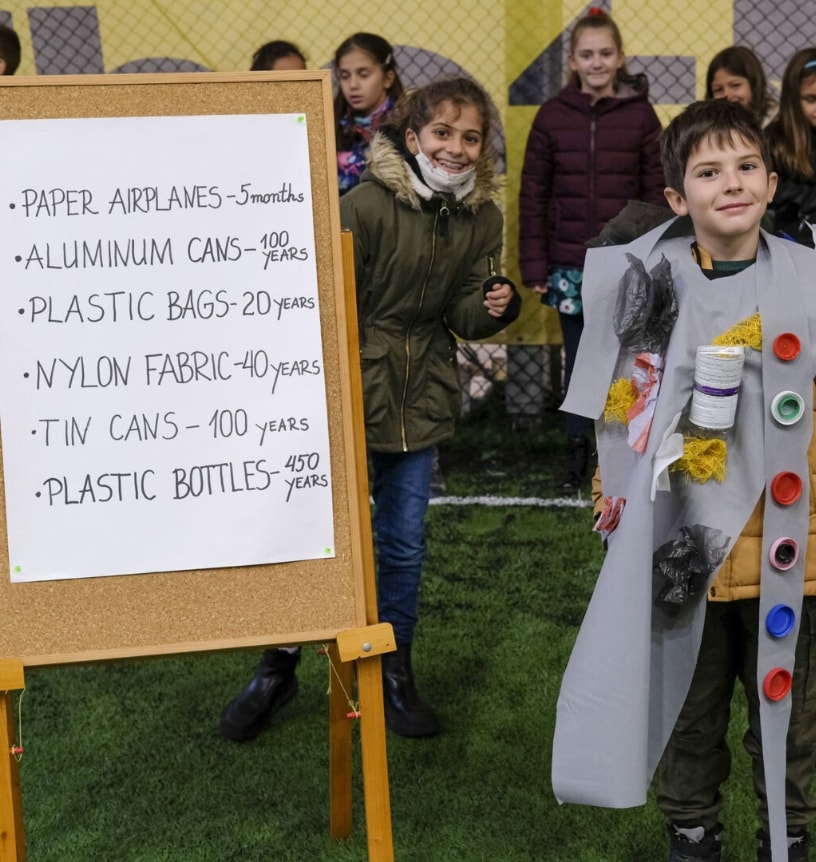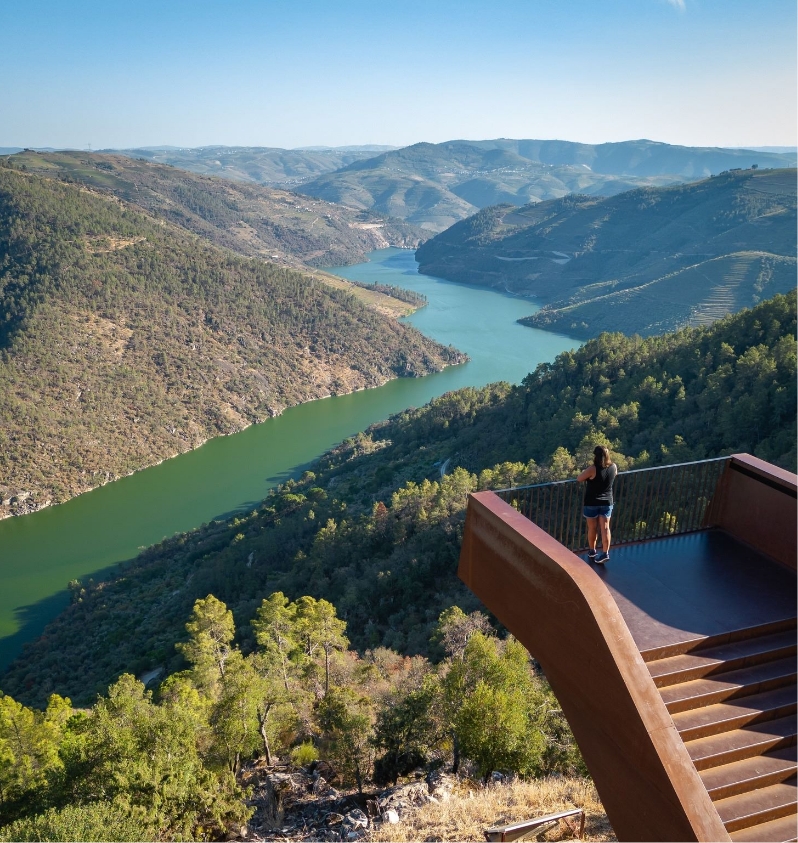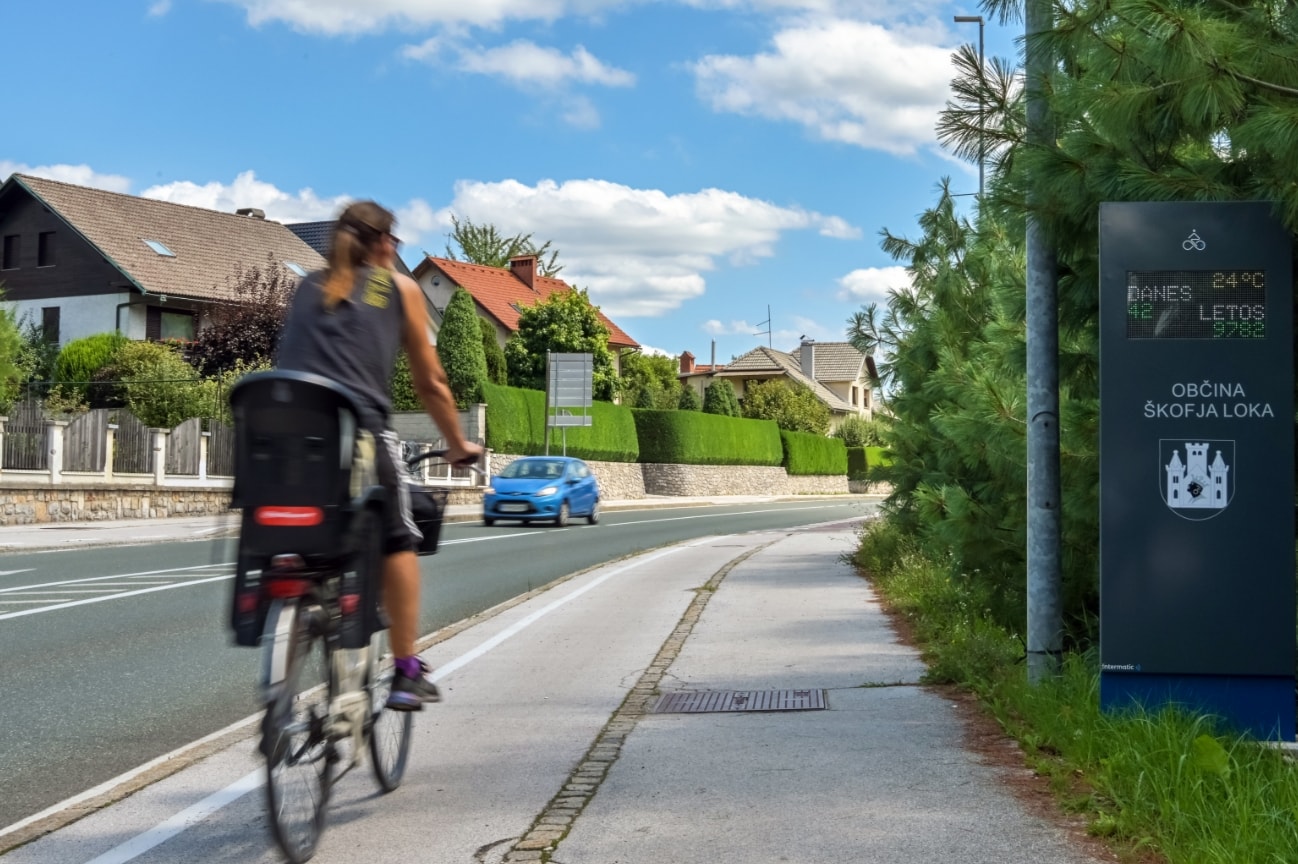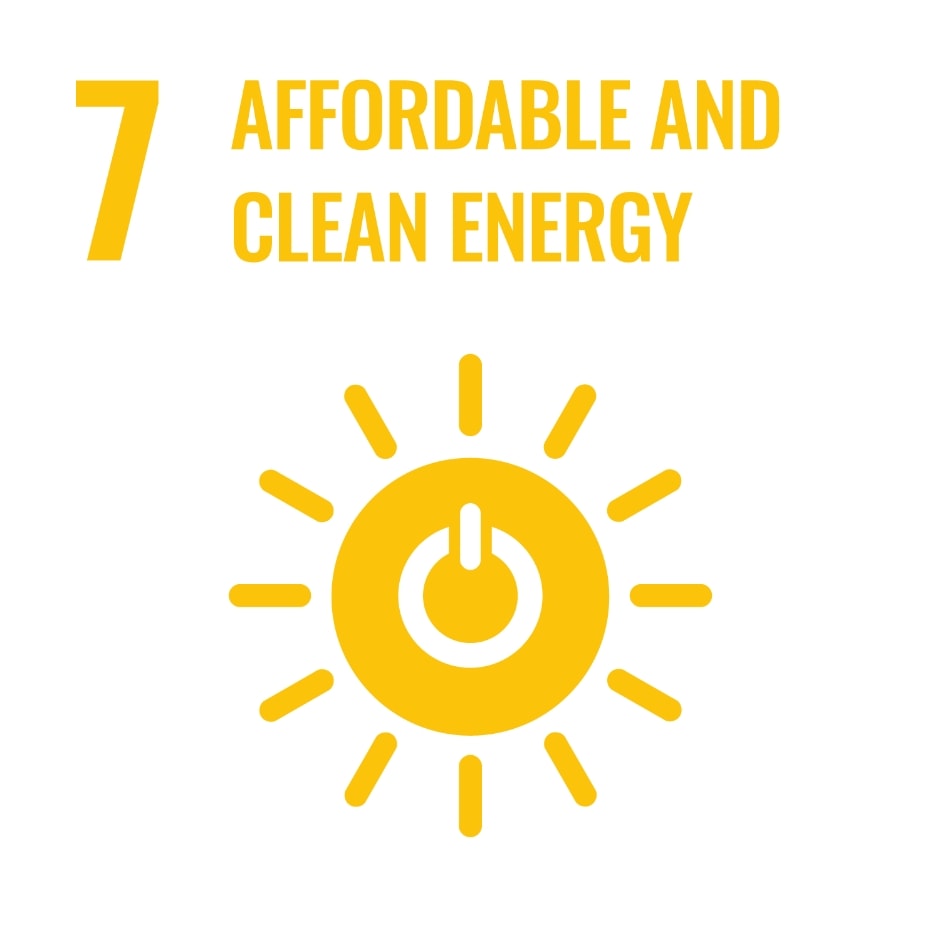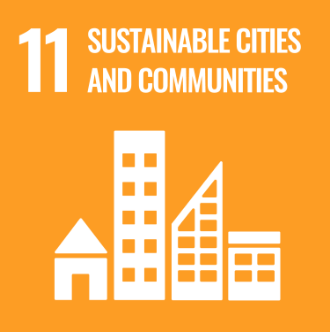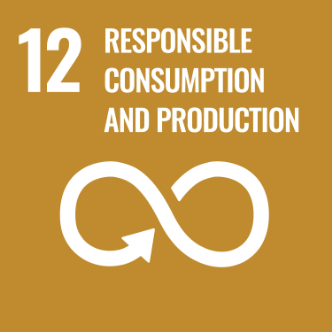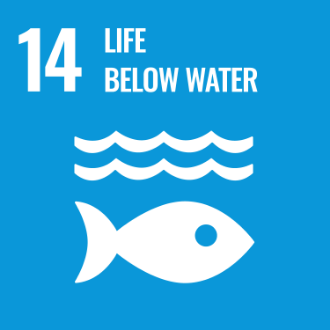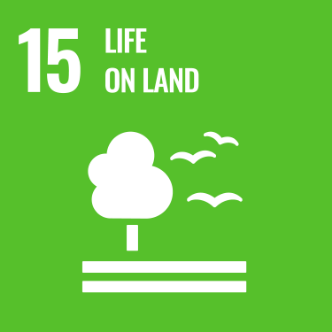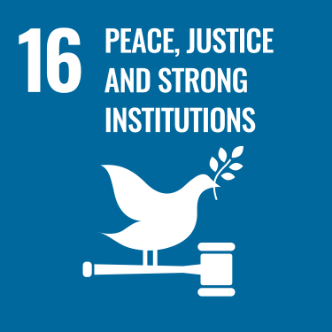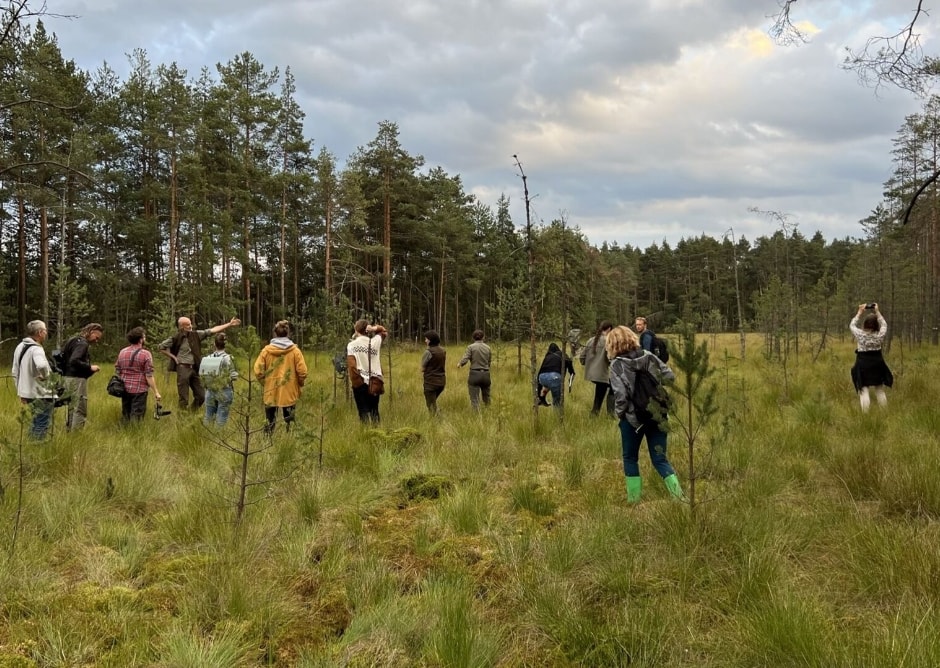The challenge
Climate change, environmental degradation, as well as insufficient sustainable energy and energy security are among the greatest challenges facing Europe.
Climate change alone poses a daunting array of risks, such as rising sea levels, heatwaves, forest fires, droughts, floods and increasing temperatures. The pressure on Europe’s ecosystems caused by intensive agriculture, infrastructure development, pollution and over-exploitation of forests and waters, poses a serious threat to biodiversity, natural resources and, consequently, our quality of life. Climate action is also closely linked to the current energy crisis which has heightened the need for an accelerated roll-out of renewable energy, energy savings and diversification of supplies.
The Grants’ approach
Iceland, Liechtenstein and Norway are dedicated to making a difference for a greener Europe and contributing to the goals laid out in the European Green Deal by funding projects that have a sustainable positive impact on our environment.
The EEA and Norway Grants’ green programmes provide support for transformational change. They make sure the Grants’ Beneficiary States comply with EU requirements for environmental protection, air and water quality, as well as waste management. By bringing together private, public and civil society organisations around these issues, the Grants aim to fast-track the deployment of clean energy technology and more energy-efficient solutions. To make this happen, infrastructure projects are often closely combined with awareness and educational activities to ensure long-term and sustainable change.
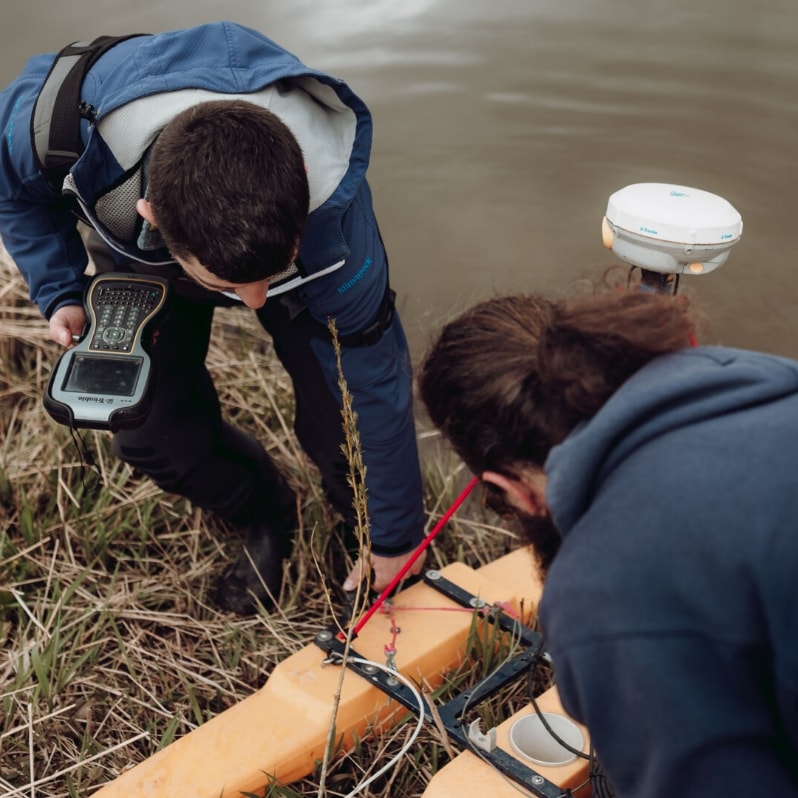
The European Union’s ambition is to be the first climate-neutral continent by 2050.
This goal is mapped out in the European Green Deal which, simply put, requires a paradigm shift. Both systemic transformations and substantial investments are needed to reduce greenhouse gas emissions, help our societies adapt to climate change and change the way resources are used.
